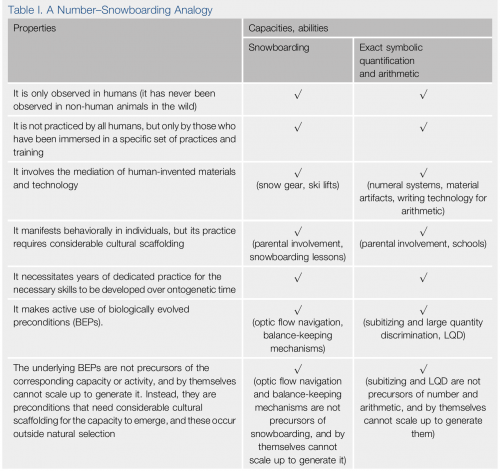Mayor Mitch Landrieu of New Orleans made a powerful speech on the removal of Confederate monuments from the city — read the whole thing. What was most notable about it is how strongly he exposes the lie behind the defense of these statues honoring traitors as a part of Southern history. Yeah, the Civil War was real history, but the stories of a genteel Antebellum South and noble Southern aristocrats fighting for their liberty was all propaganda, a lie promoted by regressive monied interests that attempted to romanticize slavery with a set of myths. Tear down the lies, expose the truth.
The historic record is clear, the Robert E. Lee, Jefferson Davis, and P.G.T. Beauregard statues were not erected just to honor these men, but as part of the movement which became known as The Cult of the Lost Cause. This ‘cult’ had one goal – through monuments and through other means – to rewrite history to hide the truth, which is that the Confederacy was on the wrong side of humanity. First erected over 166 years after the founding of our city and 19 years after the end of the Civil War, the monuments that we took down were meant to rebrand the history of our city and the ideals of a defeated Confederacy. It is self-evident that these men did not fight for the United States of America, They fought against it. They may have been warriors, but in this cause they were not patriots. These statues are not just stone and metal. They are not just innocent remembrances of a benign history. These monuments purposefully celebrate a fictional, sanitized Confederacy; ignoring the death, ignoring the enslavement, and the terror that it actually stood for.
After the Civil War, these statues were a part of that terrorism as much as a burning cross on someone’s lawn; they were erected purposefully to send a strong message to all who walked in their shadows about who was still in charge in this city. Should you have further doubt about the true goals of the Confederacy, in the very weeks before the war broke out, the Vice President of the Confederacy, Alexander Stephens, made it clear that the Confederate cause was about maintaining slavery and white supremacy. He said in his now famous ‘corner-stone speech’ that the Confederacy’s “cornerstone rests upon the great truth, that the negro is not equal to the white man; that slavery — subordination to the superior race — is his natural and normal condition. This, our new government, is the first, in the history of the world, based upon this great physical, philosophical, and moral truth.”
America is well practiced at lying about our history. The Pilgrims were virtuous people looking for religious freedom, rather than admitting that they were puritanical religious bigots who wanted to impose their freakish religious beliefs without question. The Declaration of Independence and Constitution are stuffed full of high-minded language about freedom, but also were awash in hypocrisy, since they avoided the fact that our economy was built on the forced enslavement of black people. The US Cavalry was heroic in fighting off savages and advancing the cause of civilization, when they were actually murdering people of a culture that was reeling from the onslaught of European diseases, and sequestering the survivors in barren reservations to live for generations in poverty. The Civil War was about States’ Rights…yeah, fuck it, that’s all bullshit.
Good nations and good people are not built on a history of lies. It’s about time we started waking up. I’m just afraid our media will not be helping, but will instead be constructing new myths. Witness the newspaper of record, the NY Times, busily papering over the first decade of the 21st century.
Both George W. Bush and Barack Obama flexed their executive muscles. Mr. Bush enhanced the president’s control over national security after the Sept. 11 attacks by opening Guantánamo, trying terrorism suspects before military tribunals, and authorizing warrantless wiretapping. Mr. Obama took unilateral aggressive actions to reduce greenhouse gas emissions and reform immigration.
They left the office stronger than when they arrived. Although their policies were controversial, both presidents were given deference because they made their judgments conscientiously and led the government professionally.
Hey, look, Bush and Obama were just the same: let’s sweep the fact that Bush started an unjustified war that drained the treasury and killed hundreds of thousands of people under the rug, and compare lawlessness and the erosion of privacy to efforts to protect the environment from out-of-control capitalism and to opening the doors to refugees…some of them from the regions Bush devastated. But they’re just the same, don’t you know.
And look at that: Bush must be gratified that now, suddenly, “history” of the sort peddled by propaganda organs, is deciding that he was “conscientious” and “professional”. Dear god. Maybe New Orleans needs to replace a statue of Robert E. Lee with one of George W. Bush, so that some later generation can recover their sanity and tear it down.










